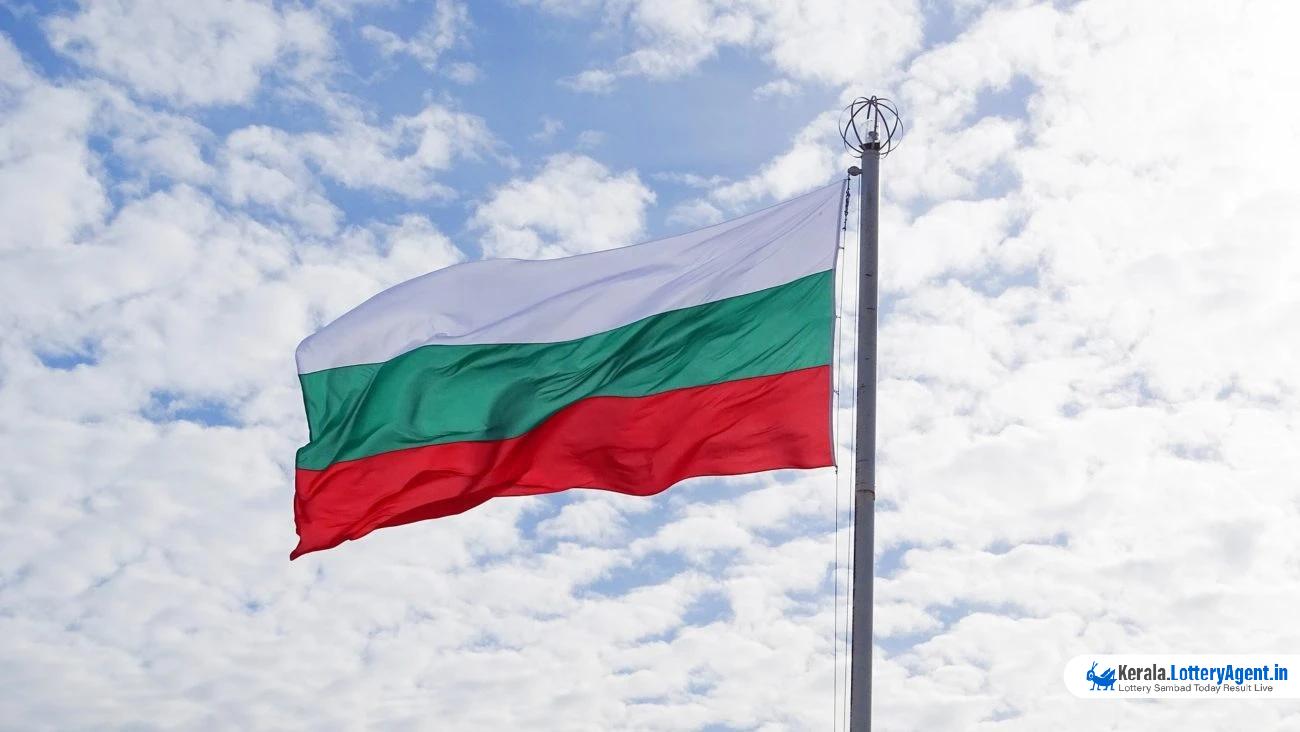
A recent follow-up report from Moneyval revealed that Bulgaria has made notable improvements in its efforts to combat money laundering and the financing of terrorism. This progress comes two years after a mutual evaluation report highlighted significant deficiencies in Bulgaria’s anti-money laundering (AML) and combatting the financing of terrorism (CFT) systems, leading to the country being placed under compliance enhancing procedures by the Moneyval committee. These procedures involve the Council of Europe working closely with individual nations to address and rectify identified AML failings.
According to Moneyval, Bulgaria is now fully or largely compliant with 13 out of the 40 applicable Financial Action Task Force (FATF) recommendations. Additionally, the country is at least partially compliant with the remaining 13 recommendations. This indicates a significant stride towards full compliance with international standards aimed at preventing financial crimes.
One of the key areas where Bulgaria has achieved full compliance is in designated non-professional business and professions (DNFBPs) customer due diligence. This encompasses the gambling and casino sector, real estate, and legal services. These sectors are often scrutinized due to their vulnerability to money laundering activities.
“Since the adoption of its mutual evaluation report in May 2022, Bulgaria has taken numerous steps to strengthen its anti-money laundering and combatting terrorist financing systems,” Moneyval stated in a recent announcement. This progress has been recognized as a positive development for the nation’s financial system.
Moneyval operates as a permanent monitoring body under the Council of Europe, tasked with evaluating national compliance with key international standards designed to counter money laundering and the financing of terrorism. This organization’s oversight and guidance are crucial in helping member states align with global benchmarks.
A pivotal move in Bulgaria’s AML efforts was the establishment of a new Anti-Money Laundering (AML) unit within the National Revenue Agency (NRA) last year. This unit was created to significantly tighten the oversight of gambling activities and ensure rigorous compliance with AML regulations. Since its inception, the unit has focused on enforcing requirements such as customer verification, the collection of necessary documents, and the creation of comprehensive money laundering and terrorist financing risk assessments. Moreover, it actively monitors operations, transactions, and customers flagged as suspicious, sharing pertinent information with authorities in other countries when necessary.
.
Located within the NRA, this AML unit took over the responsibilities previously managed by the State Commission on Gambling, which was disbanded in 2020. The reassignment of these duties to the NRA marks a strategic shift in Bulgaria’s approach to regulating the gambling sector, which has historically been a high-risk area for money laundering activities.
The creation of this unit followed a national money laundering risk assessment in Bulgaria, which identified significant weaknesses across various sectors. Addressing these deficiencies has been crucial in enhancing the overall robustness of Bulgaria’s financial regulatory framework.
In 2024, the Bulgarian gambling industry is anticipated to generate BGN200m (approximately £88m/€102.3m/$111.7m) for the national budget. The sector has contributed over BGN300m in taxes and fees to the state budget over the past two years. This considerable contribution underscores the financial significance of the gambling industry to Bulgaria’s economy.
Anticipated changes to Bulgaria’s tax structure could further boost this financial contribution. However, these changes come with increased financial obligations for industry operators. The fee for obtaining a gambling licence has surged by 300%, while the tax on income has risen from 15% to 20%. These adjustments reflect Bulgaria’s commitment to tightening regulations and ensuring that the sector supports the national economy while complying with stringent AML standards.
Bulgaria’s journey towards full compliance with global AML standards highlights the nation’s dedication to fighting financial crimes and enhancing the integrity of its financial system. The cooperation with Moneyval and the Council of Europe has been instrumental in this transformation, demonstrating the importance of international collaboration in addressing complex financial crime challenges. Moving forward, Bulgaria’s continued efforts to improve its AML and CFT measures will be critical in maintaining and furthering this progress.












